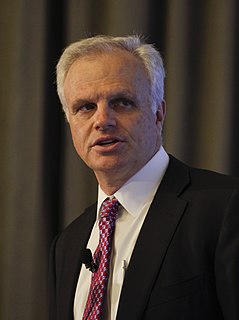A Quote by Eric Dier
Related Quotes
I believe it is essential to have English as the official language of our National Government, for the English language is the tie that binds the millions of immigrants who come to America from divergent backgrounds. We should, and do, encourage immigrants to maintain and share their traditions, customs and religions, but the use of English is essential for immigrants and their children to participate fully in American society and achieve the American dream.
Now you are changed people. Your personality is different. It's shining through your spirit. In that spirit, you have to see everything. All your conditionings will drop out as soon as you start identifying your Self fully, fully with the spirit. Fully - again I say because we do not. We are still Christians. We are still Hindus. We are still Muslims. We are still Indians, English, this, that. We are still narrow-minded, small, little puddles. We have to be the ocean. Once you are identified with the ocean, you have to throw away everything and become absolutely clean and detached.
The English tourist in American literature wants above all things something different from what he has at home. For this reason the one American writer whom the English whole-heartedly admire is Walt Whitman. There, you will hear them say, is the real American undisguised. In the whole of English literature there is no figure which resembles his - among all our poetry none in the least comparable to Leaves of Grass



































